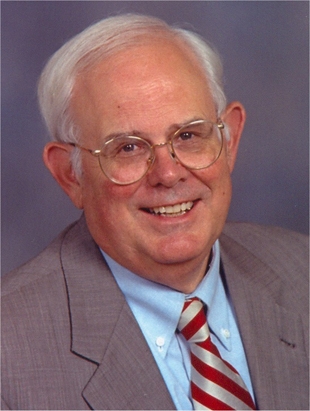Imagine travelling from Raleigh to Charlotte in about 22 minutes; not by train, plane or car, but instead in a pod, transported through an almost friction-free tunnel. This concept is under experimentation right now, as nearly 1,000 learned last week at the NC Transportation Summit.
Sponsored by the NC Department of Transportation and NC Go!, this day and a half event presented some innovative concepts for future travel, including the aforementioned tunnel and pod, as well as other options being tested, like self-driving or autonomous vehicles, drones and even personal scooters.
But woven throughout the presentations and discussions was the ever-present challenge of how to fund transportation. Approximately 25 percent of North Carolina's transportation funding comes from the federal government, largely through the Federal Highway Trust Fund. The bulk of that money comes from the federal gasoline tax, currently at 18.4 cents per gallon, a rate hasn't been changed in 23 years. In 1993, the year the rate was established, tuition at NC State University was $1,500 per year. Last year it was $9,000. You know what has happened with costs in 23 years. Additionally, these revenues are static to declining. And while we hope it is only temporary, the federal government shutdown has halted transportation funds going to states. A growing number have already pulled road construction projects. Fortunately, North Carolina is not in that condition....yet.
Our state also depends heavily on a state gas tax for funding, also facing revenue declines. Today's vehicles are more fuel efficient and use less gas, there are growing numbers using electric or solar fuel that help little in offsetting costs of construction or maintenance, and the price of gas is dropping, meaning fewer total dollars are being collected. Meanwhile, the addition of 100,000 new residents each year adds to the strain on our roads and traffic congestion. You, like the audience at the Transportation Summit, are probably getting a picture of a transportation system soon to be in crisis.
Gas taxes will likely always be a funding source, however supplemental funds are needed. Among the options are tolls, the mere mention of which raises the dander of most Tar Heels. No elected official who wishes to remain in office is willing to either raise the gas tax to levels needed to build and maintain our roads or to accept tolls. But tolls are coming, likely through public-private partnerships that build optional "hot" lanes on multilane freeways. Motorists can choose to escape congestion by paying a toll. Many favor a vehicle miles traveled (VMT) funding mechanism, but there are privacy issues for folks not wanting "big brother" to know where and how often they drive. Besides, nobody has perfected how to record each motorist's annual usage or, more significantly, how to bill and collect the taxes from millions of resident motorists, much less visitors using our roads. Then there are dedicated sales taxes, yet another option that generally presents opposition.
North Carolina has 80,000 miles of state-maintained roads, the second largest network in the country. For the safety of our people, the future economic development of our state and the need to efficiently transport people and goods from one place to another, we must find ways to maintain and expand this system. To do so requires adequate funding to help us travel to this future, regardless of which mode we choose.
Publisher's note: Tom Campbell is former assistant North Carolina State Treasurer and is creator/host of NC SPIN,
a weekly statewide television discussion of NC issues airing Sundays at 11:00 am on WITN-TV.
Contact Tom at NC Spin.

























